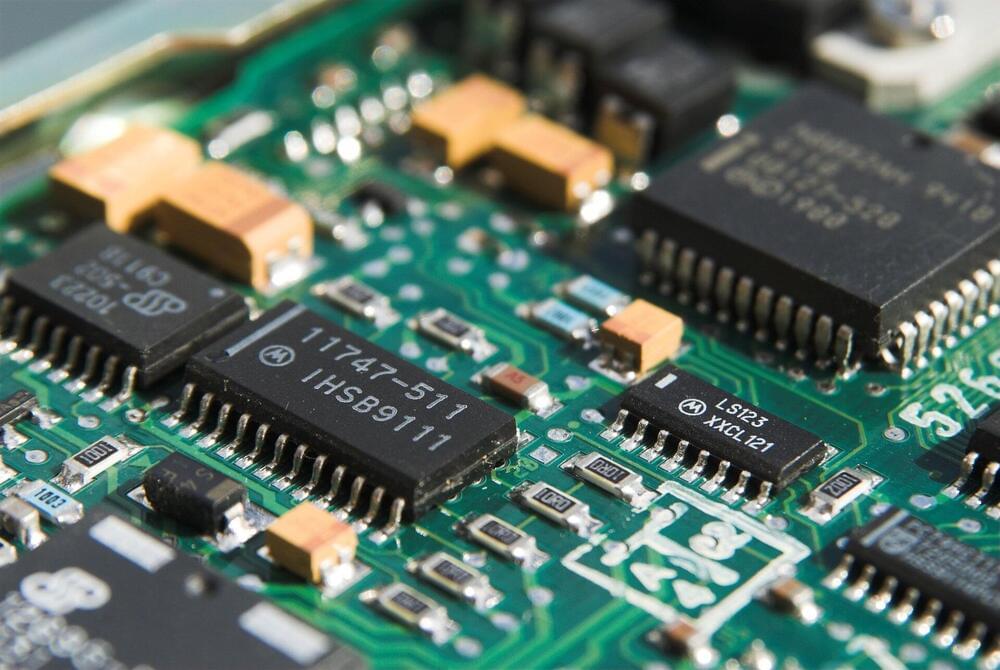Moore’s Law needs a hug. The days of stuffing transistors on little silicon computer chips are numbered, and their life rafts—hardware accelerators—come with a price.
When programming an accelerator—a process where applications offload certain tasks to system hardware especially to accelerate that task—you have to build a whole new software support. Hardware accelerators can run certain tasks orders of magnitude faster than CPUs, but they cannot be used out of the box. Software needs to efficiently use accelerators’ instructions to make it compatible with the entire application system. This translates to a lot of engineering work that then would have to be maintained for a new chip that you’re compiling code to, with any programming language.
Now, scientists from MIT’s Computer Science and Artificial Intelligence Laboratory (CSAIL) created a new programming language called “Exo” for writing high-performance code on hardware accelerators. Exo helps low-level performance engineers transform very simple programs that specify what they want to compute, into very complex programs that do the same thing as the specification, but much, much faster by using these special accelerator chips. Engineers, for example, can use Exo to turn a simple matrix multiplication into a more complex program, which runs orders of magnitude faster by using these special accelerators.
